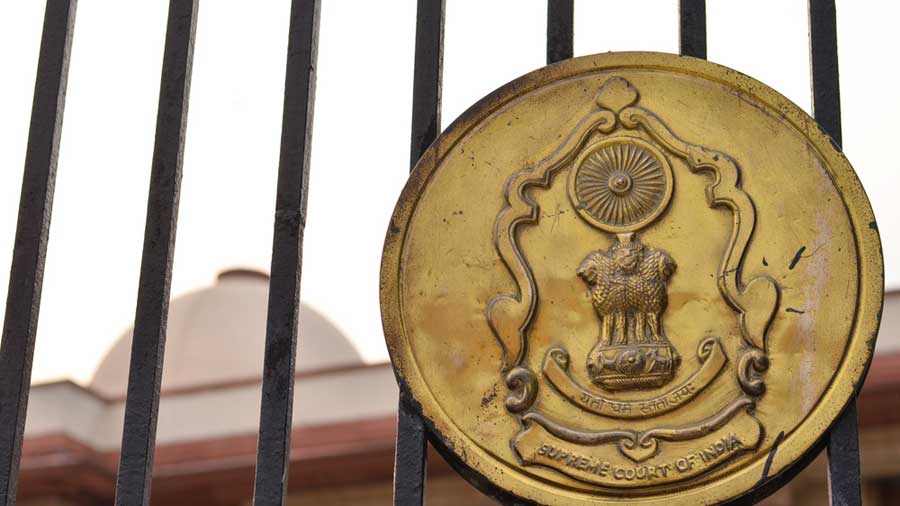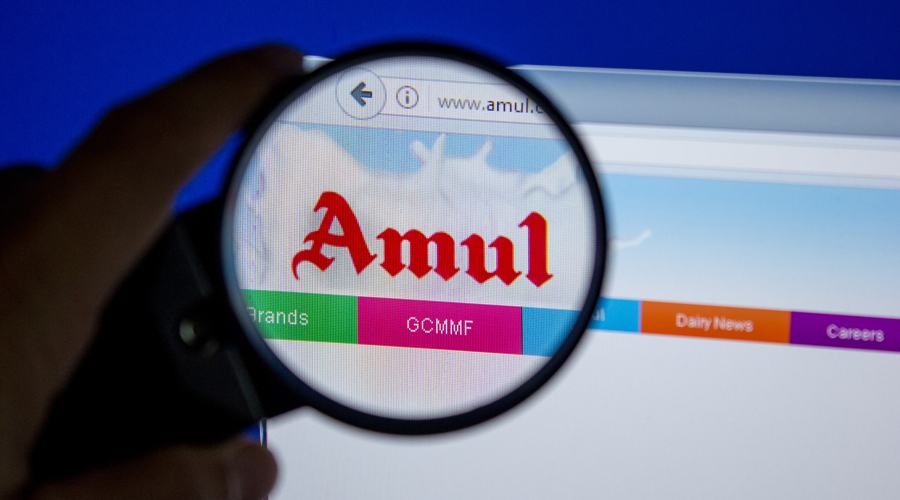The Supreme Court has ruled that revenue authorities cannot provisionally attach citizens’ property using “draconian” provisions of the Goods and Service Tax (GST) legislation except in extraordinary circumstances when there is a “dire necessity” to protect the revenue interests of the State.
The ruling handed down Tuesday by a bench comprising Justice D.Y. Chandrachud and M.R. Shah will come as a huge relief to small businesses that have been locked in disputes with revenue authorities over arbitrary reckoning of dues and precipitate action.
“The exercise of unguided discretion cannot be permissible because it will leave citizens and their legitimate business activities to the peril of arbitrary power,” the apex court bench said.
The court passed the ruling while upholding an appeal filed by Radha Krishan Industries which had challenged the Himachal Pradesh government's order provisionally attaching its bank accounts and receivables from its customers in order to recover dues arising from tax, interest and penalty for an amount of Rs 5.03 crore.
Later, this was bumped up to Rs 8.30 crore through a fresh tax demand issued in February this year.
The verdict washailed by industry and tax advisors.
“The Centre had issued guidelines earlier this year stating that provisional attachment of taxpayers property under the GST law should be exercised by the authorities only in extraordinary circumstances.
“The apex court of India, holding a similar view, overturned the judgment of the high court of Himachal Pradesh, stating that... the provisional attachment of the property is draconian in nature,” said Abhishek Jain, tax partner at EY India.
“The stand of the apex court that provisional attachment of property should be exercised when there is no other alternative remedy available, will help prevent unnecessary harassment of tax payers.” .
The dispute arose over an order issued in October 2020 by the joint commissioner of state taxes and excise, southern enforcement zone, in Parwanoo (Himachal Pradesh) for the provisional attachment of the payments that Fujikawa Power and Deepak International — customers of Radha Krishan Industries — had to make to the company in order to realise a sum of Rs 5.03 crore.
The order was issued after the Himachal revenue authorities unearthed an input tax fraud involving Radha Krishan’s supplier GM Powertech which had claimed and utilised input tax credit on the basis of invoices issued by fake and fictitious companies.
Radha Kishan was sucked into the mess even though it argued that it had paid GST output tax of Rs 12.49 crore during the period 2017-18 and 2018-19 — which was in excess of the disputed input tax credit of Rs 3.25 crore which Radha Krishan was accused of claiming fraudulently.
The state revenue authorities, which had withdrawn an attachment notice in January 2019, reopened the case in October last year, arguing that the payment of Rs 12 crore in tax did not imply that Radha Krishan did not engage in the input tax fraud.
The provisional attachment was ordered while invoking Section 83 of the Himachal Pradesh GST Act, 2017 and Rule 159 of Himachal Pradesh Goods and Service Tax Rules, 2017.
The Himachal Pradesh High Court had dismissed the company’s appeal challenging orders of provisional attachment under Article 226 of the Constitution.
“The power to levy a provisional attachment is draconian in nature. By the exercise of the power, a property belonging to the taxable person may be attached, including a bank account...The attachment is provisional and the statute has contemplated an attachment during the pendency of the proceedings under the stipulated statutory provisions…” Justice Chandrachud said in his verdict.
“The.. provisions are not intended to authorize Commissioners to make pre-emptive strikes on the property of the assessee, merely because property is available for being attached. There must be a valid formation of the opinion that a provisional attachment is necessary for the purpose of protecting the interest of the government revenue,” Justice Chandrachud said.
“There has, hence, been a fundamental breach of the principles of natural justice. Ex facie, the above order passed by the Joint Commissioner does not indicate any basis for the formation of the opinion that the levy of a provisional attachment was necessary to protect the interest of the government revenue,” Justice Chandrachud said.











